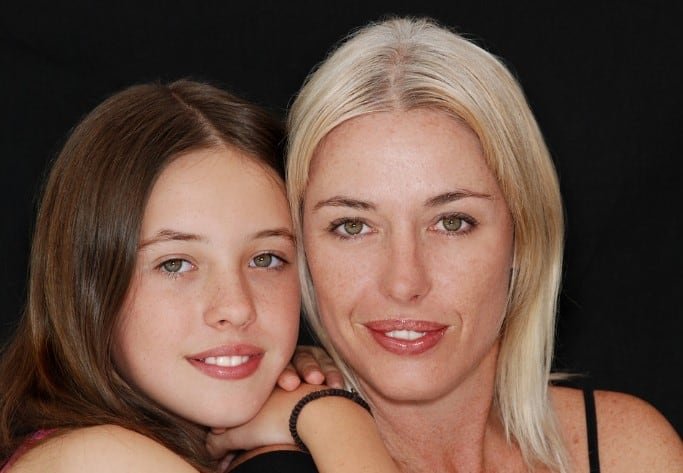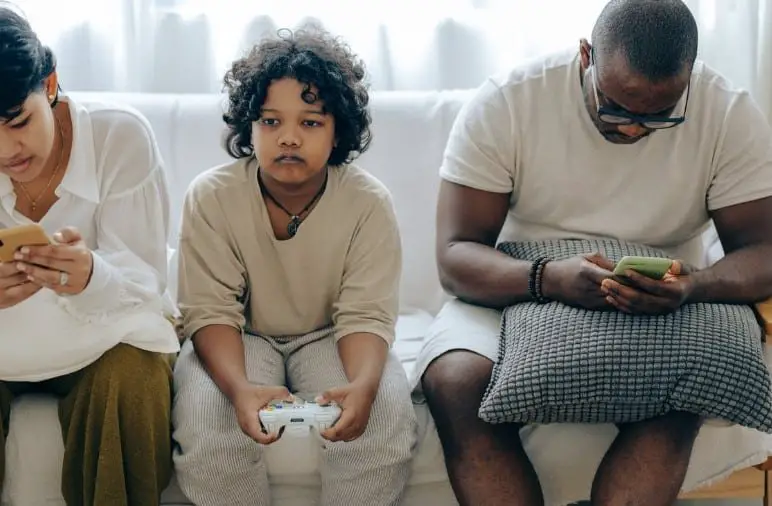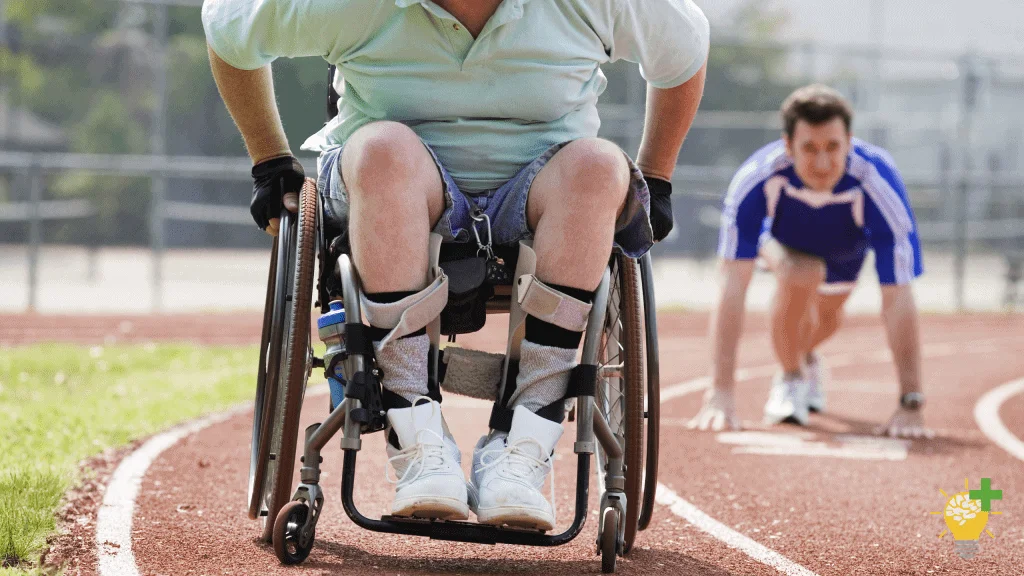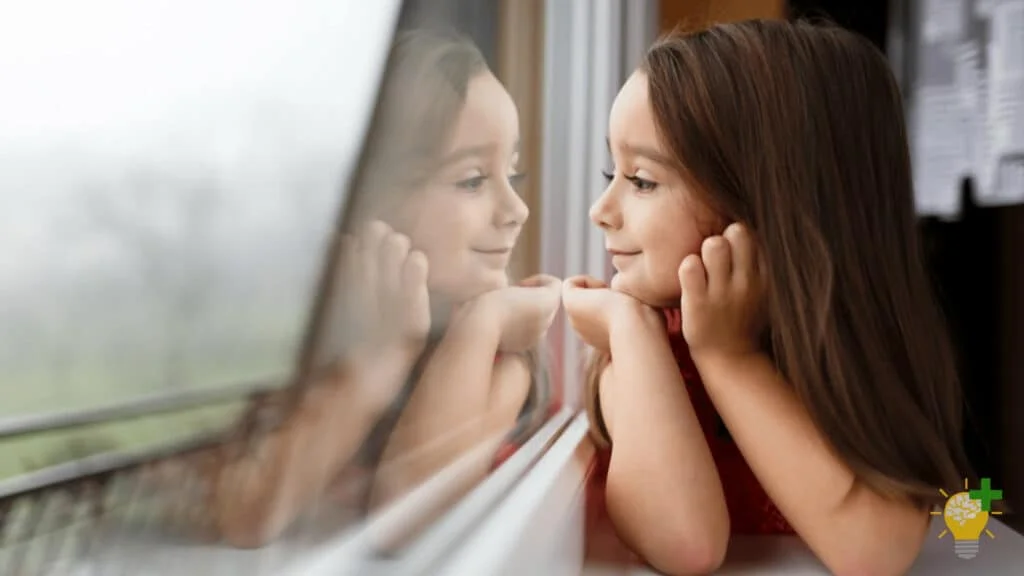Parenting is tough and can feel incredibly hard sometimes! Every parent has wondered at one point in their child-raising journey when the task will get easier.
Here’s the thing.
Each phase of raising a child has unique challenges, and adopting an ideal parenting model can help the child’s developmental needs at different stages.
If you have an adolescent child, you probably know what it feels like to argue about nearly everything with your child.
At this stage of their development, children are dealing with rapid physical and psychological changes. They want to be in charge of their lives, yet they need parental guidance, even though they’ll likely get mad if you try to help them.
While many parents think of children in this phase of life as headstrong and rebellious, the changes happening so fast can be confusing for kids.
But that’s not all.
Parents, too, might start to question their approach to parenting. Although parenting is undoubtedly an amazing gift, fear and worry combined with physical and mental exhaustion are common experiences when raising children.
I’ve specifically written this article for you if you’re beginning to wonder which type of parenting is most effective during adolescence.
While there is no straightforward answer to this question, I’ll discuss the four parenting models and share a few tips to help you determine the ideal parenting model to adopt.
But before I delve into the different parenting models, let’s talk briefly about adolescents.
Adolescents and Their Unique Needs

The World Health Organization (WHO) describes children between the age of 10 and 19 as adolescents. This means pre-teens (10 – 12) and teenagers (13 – 19) fall into this category.
Children in this age group go through lots of physical and mental changes happening faster than they can fully understand without adult guidance.
Indeed, no two adolescents are the same, and each child has unique pre-teen and teen experiences. Yet, they all go through hormonal changes that help them define their individuality and help them form a sense of independence.
Typically, adolescents exhibit the following characteristics:
- Independence: many parents interpret this as being rebellious and headstrong.
- Adventure-seeking behavior: often shows up as increasingly energetic and seeking risk (sometimes unnecessarily).
- Rapid mood shifts: due to hormonal changes and brain growth.
- Self-centered attitudes and behaviors: concerned mostly about their needs without minding how they affect their siblings, parents, and others in their lives.
- Intellectual maturity: leading to increased abstract reasoning, improved organizational skills, and questioning the status quo, including challenging the views of their parents, teachers, and other authority figures.
- Emotionally expressive and sexually aware.
Which type of parenting is most effective during adolescence, considering these characteristics? It is not difficult to see that raising children in this stage requires a ton of patience and understanding. It also needs some level of firmness to curb many of the excesses at this developmental stage.
In other words, you want to adopt a parenting model that emphasizes empathy without neglecting authority.
However, each child is different, and they won’t behave the same way from age 10 to 19. That means you must adjust whichever parenting model you choose to suit your child’s changing needs and situation.
You might need to be more authoritative in some situations and lean toward being more permissive at other times.
Now, let’s see the four parenting styles to determine which will be more effective for raising pre-teens and teenagers.
1. Authoritarian Parenting

Authoritarian parenting involves dictating to children without minding their opinions or feelings, and there is no regard for their true needs. Children are expected to strictly obey rules without having any say.
Children are not encouraged to express themselves and are often punished for bad behavior. And even when kids muster the courage to ask questions, parents who adopt this parenting approach hardly provide satisfying answers.
Adolescents raised in this emotional atmosphere are not allowed to participate in decision-making, even in issues directly affecting them. Instead of guidance, children are made to feel guilty for making mistakes.
Effect of Authoritarian Parenting on Children
While parents who adopt this method usually want to toughen up their kids, preparing them physically and emotionally for adulthood, the outcome isn’t always positive.
If anything, the parenting approach can make children grow up as generally unhappy individuals. They may even resort to rebellious behaviors, having been exposed to harsh treatments from their parents.
On the other hand, some kids raised in such emotional environments can become insecure and more dependent on others to tell them what to do.
The near-abusive and harsh treatment endured by pre-teens and teenagers raised in the authoritarian parenting environment can negatively affect their self-esteem.
But that’s not all.
Instead of developing the capacity to think for themselves, children raised in this emotional atmosphere are likely to blindly follow the rules without questioning, similar to what’s applicable in a military camp.
Interestingly, many military parents don’t subscribe to this parenting method. And if you’re a military parent looking for tips on positive parenting, check out this post for practical and useful suggestions.
2. Uninvolved Parenting

The uninvolved or neglectful parenting style is characterized by little to no parental guidance. Parents are hardly involved in raising the children, and kids mostly rely on examples and lifestyles they see in the society rather than directions and guidance offered by parents.
Freedom without limits can be detrimental for young children, and that’s the case with uninvolved parenting, where rules are almost non-existent, and parents don’t care whether children adhere to whatever few rules that may exist.
Neglectful parenting doesn’t mean the uninvoled parents don’t care about their kids. They may work round the clock to provide for their children but hardly have time to be there for their kids. They don’t know how their kids are coping with peer pressure, and they rarely bother about academic performance.
Being there for their child’s emotional and physical development is not the parent’s primary concern. In a nutshell, uninvolved parenting completely ignores any form of attachment to the child, leaving kids to practically raise themselves.
Effect of Uninvolved Parenting on Children
As you already figured, this parenting usually results in worse outcomes and won’t work if you plan to raise well-cultured adolescents.
Pre-teens and teenagers raised in this type of home environment will likely turn out to be young adults with poor judgment about most things in life. As teens, there is a high chance of engaging in delinquent behaviors, and some may even end up with addiction problems.
Building strong connections and meaningful relationships are usually challenging for such kids because they didn’t have any strong bond with their parents while growing up.
Many adolescents raised using the uninvolved parenting method end up with low self-esteem and will likely behave impulsively as young adults.
3. Authoritative Parenting

Authoritative parenting is the most encouraged parenting model in modern America, and for good reasons.
First, the authoritative parenting style balances empathy and firmness, allowing parents to encourage attachment behaviors without overdoing it in the family structure.
Parents who use an authoritative parenting style set clearly-defined boundaries and strict rules to guide the child’s behavior. Yet, authoritative parents create a balance by investing their time, energy, and emotions in developing a strong bond between them and their kids. It encourages a good parent child relationship.
Think of this parenting method as providing useful guidance rather than dictating to the child. Authoritative parenting encourages responsive parenting, leading to positive child outcomes in most cases.
Unlike authoritarian parenting, authoritative parenting promotes discipline instead of punishment to discourage bad behavior and encourages good behavior through positive feedback.
Effect of Authoritative Parenting on Children
Self-confidence, good self-esteem, and a tendency to be more independent are usually the outcomes of authoritative parenting.
In this type of parenting practice, adolescents aren’t necessarily considered inherently rebellious, so their voice and opinion matter. This contributes to raising kids with sound decision-making abilities.
There’s a healthy parent-child relationship, and the bond is strong, increasing the likelihood of adolescents developing stronger and more meaningful relationships as young adults. Children will also be happier, more active, and more content.
4. Permissive Parenting

Permissive parenting is the delight of most children, especially teens because it allows them to freely explore their whims and caprices without parental interference.
However, this parenting might not be the most effective during adolescence.
Permissive parents may have plenty of rules but will easily set them aside to please their kids. In other words, boundaries are rarely respected, and rules are hardly enforced.
While permissive parenting is warm and indulgent, it often lets children get away with mischief and bad behaviors. Parents who create this emotional atmosphere for raising kids often allow children to make mistakes unless the situation involves dire consequences or extreme risks.
Effect of Permissive Parenting on Children
While children raised in this type of environment are quick to develop a mind of their own, they may lack self-control.
Although kids will likely develop self-esteem because their opinions are valued, they may have a tough time following rules and having regard for authority, leading to poor social interactions and sometimes antisocial behavior. They may also find it difficult to cope when faced with criticism because their permissive parents overprotected them and hardly called out bad behaviors.
Bottom Line
Which type of parenting practice is most effective during adolescence? There is no one-size-fits-all parenting style that works for everyone. However, a parenting model that combines empathy and authority often yields the desired result for raising adolescents and teens, and as you already figured, the authoritative parenting style checks both boxes.
That said, you might need to adjust whatever parenting model you choose to suit your child’s changing needs and situations and one that encourages positive adolescent health.




